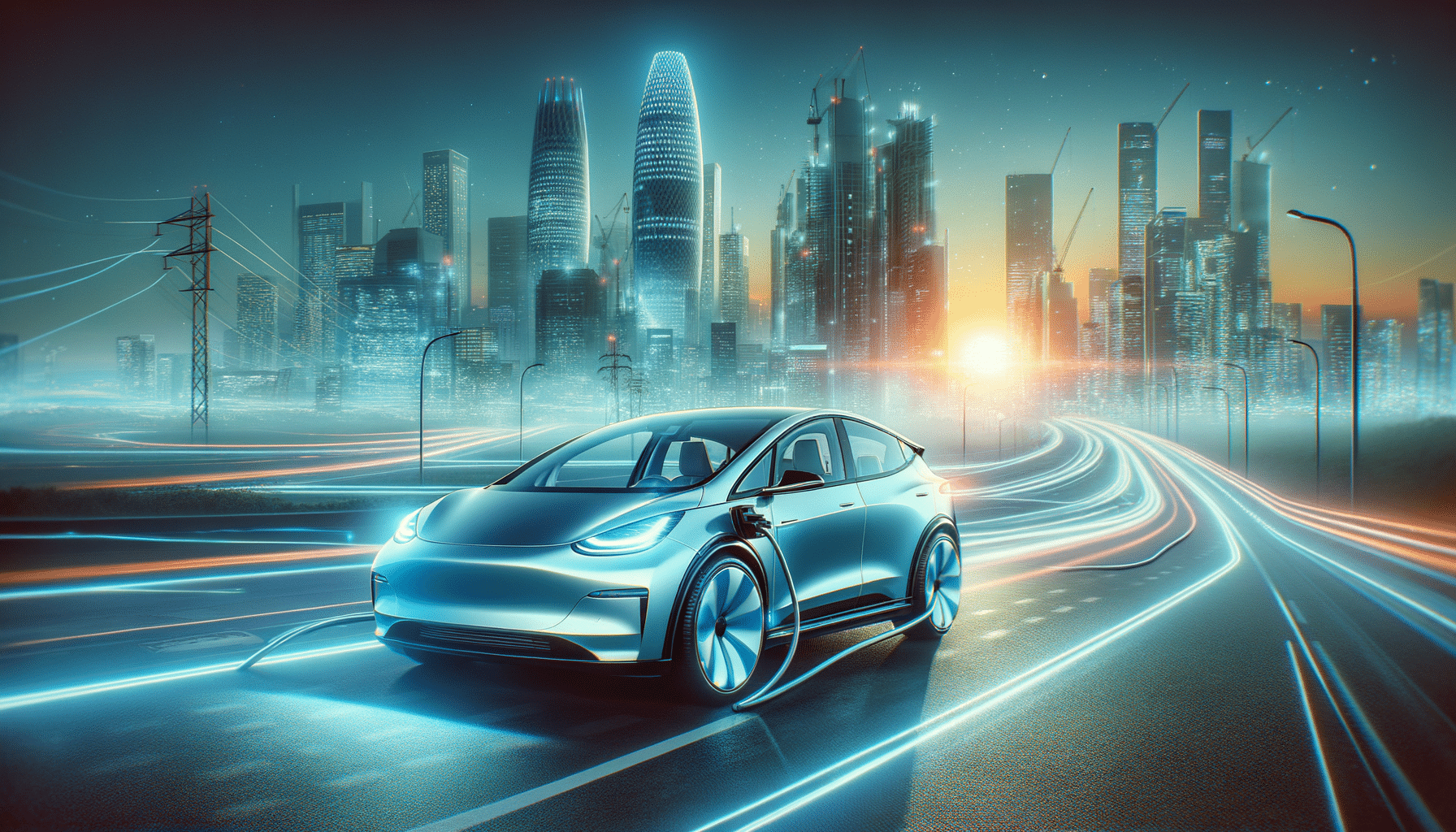
The Future of Driving: Why Electric Cars Are Changing the Game
The Rise of Electric Cars
Electric cars have seen a significant rise in popularity over the past decade, driven by technological advancements and a growing awareness of environmental issues. The transition from traditional internal combustion engines to electric powertrains marks a pivotal shift in the automotive industry. This change is largely attributed to the need for sustainable transportation solutions that reduce global carbon emissions and reliance on fossil fuels.
Several factors contribute to this rise. Governments worldwide are implementing stringent emissions regulations, encouraging manufacturers to innovate and produce electric vehicles (EVs). Moreover, consumer preferences are shifting towards environmentally friendly options, further propelling the demand for electric cars. The development of electric cars is not just a trend but a fundamental change in how we perceive personal transportation.
Electric cars offer numerous benefits, including reduced greenhouse gas emissions, lower operating costs, and decreased dependency on oil. These advantages align with global efforts to combat climate change, making electric vehicles a cornerstone of future transportation solutions.
Technological Advancements in Electric Vehicles
The technology behind electric cars has evolved remarkably, enhancing their performance, range, and overall appeal. Modern electric vehicles are equipped with advanced battery technologies, such as lithium-ion batteries, which provide higher energy density and longer lifespan compared to older battery types. These improvements have significantly extended the driving range of electric cars, addressing one of the main concerns for potential buyers.
In addition to battery advancements, electric vehicles feature cutting-edge electric motors that offer instant torque and smooth acceleration. This results in a driving experience that is both quiet and responsive. Furthermore, electric cars often come with sophisticated onboard systems that include regenerative braking, which helps to recharge the battery while driving, and smart connectivity features that enhance user convenience.
The continuous evolution of electric vehicle technology promises even greater efficiency and performance, paving the way for a future where electric cars are not only a viable alternative but a preferred choice for many drivers.
Infrastructure and Accessibility
The expansion of charging infrastructure is crucial for the widespread adoption of electric cars. As more charging stations become available, the convenience of owning an electric vehicle increases, reducing range anxiety and making long-distance travel more feasible. Many countries are investing heavily in charging networks, with plans to install fast-charging stations along major highways and urban centers.
Public and private sectors are collaborating to enhance the accessibility of charging points, ensuring that electric vehicle owners have easy access to charging facilities. This includes the development of home charging solutions, which allow users to charge their vehicles overnight, as well as workplace charging stations that provide convenience during the day.
As infrastructure continues to improve, electric cars are becoming more accessible to a broader audience, supporting the transition to a more sustainable transportation system.
Environmental Impact of Electric Cars
One of the most significant advantages of electric cars is their positive impact on the environment. By producing zero tailpipe emissions, electric vehicles help to reduce air pollution in urban areas, contributing to better air quality and public health. This is especially important in cities where air pollution levels are a major concern.
Electric cars also play a crucial role in reducing greenhouse gas emissions. When powered by renewable energy sources, such as solar or wind power, their environmental benefits are further amplified. This shift towards cleaner energy sources supports global efforts to mitigate climate change and transition to a low-carbon economy.
Moreover, the production and disposal of electric vehicle components are becoming more environmentally friendly, with manufacturers adopting sustainable practices and recycling initiatives to minimize their ecological footprint.
The Future of Electric Vehicles
The future of electric vehicles looks promising, with continued advancements in technology and infrastructure expected to drive further adoption. As battery technology improves, electric cars will offer even greater range and efficiency, making them suitable for a wider range of applications, including commercial and heavy-duty vehicles.
Innovations such as autonomous driving and vehicle-to-grid technology are set to transform the electric vehicle landscape, providing new opportunities for energy management and transportation solutions. Additionally, the integration of smart technologies and connectivity features will enhance the driving experience, offering users greater control and convenience.
As electric vehicles become more affordable and accessible, they are poised to play a central role in the future of transportation, contributing to a cleaner, greener, and more sustainable world.

